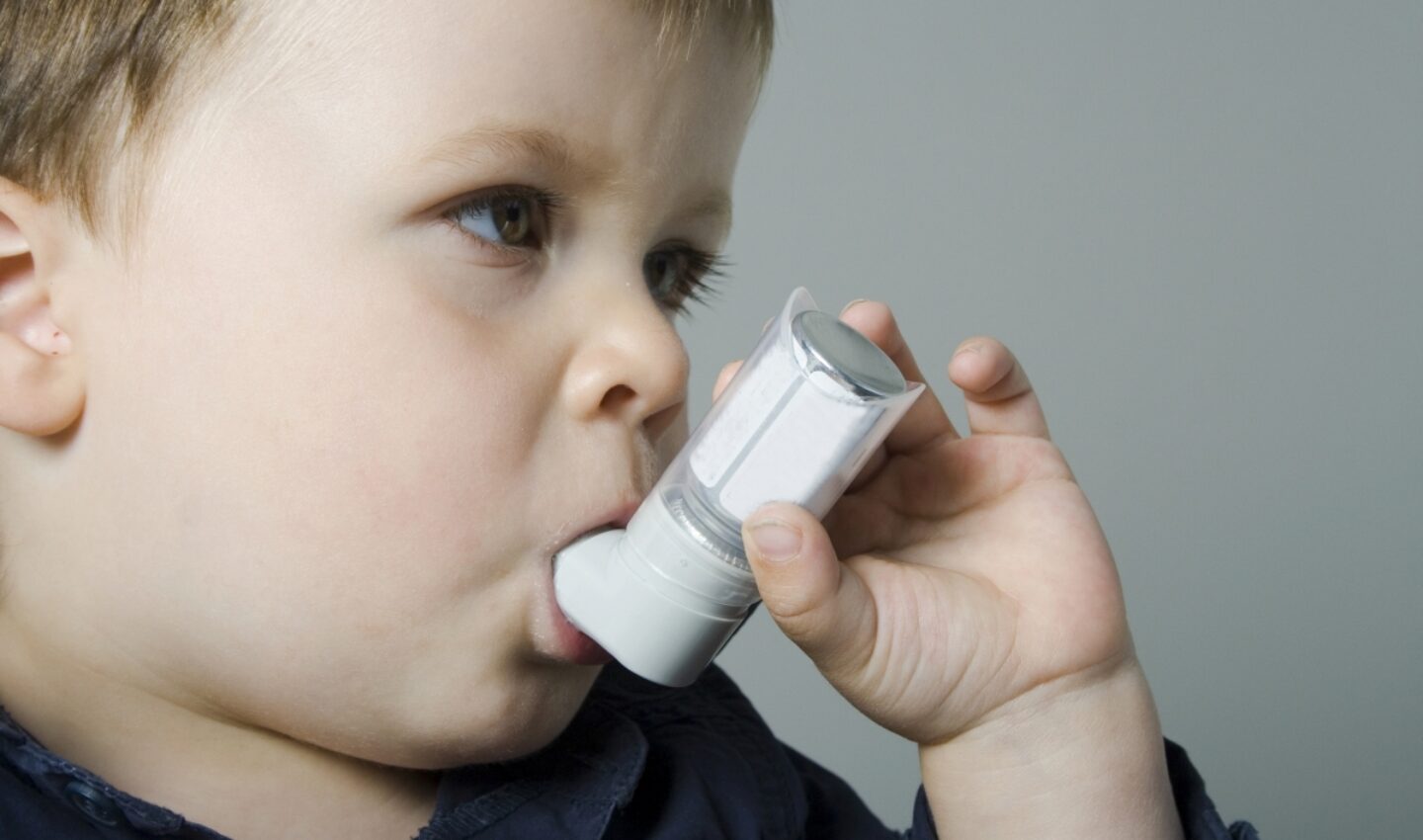The Children’s High-Risk Asthma Bundled Payment demonstration, a partnership between UMass Medical School and MassHealth, the state Medicaid program, is featured in a Brookings Institution case study on pediatric asthma payment reform.
The payment initiative, geared toward children ages 2 to 18 whose asthma is likely to lead to an emergency room visit, gives participating providers a monthly payment for asthma-related goods or services not normally covered by insurance. Those goods or services could include vacuum filters, mattress covers or home visits from community health workers who teach families how to reduce household triggers.
The case study, which was released April 27, examines the role of payment models in supporting care redesign for children with poorly controlled asthma. Payment reforms in several states were reviewed, including the bundled payment in Massachusetts.
The case study stemmed from a Brookings Institution MEDTalk discussion Sept. 24 about how alternative payment models can support innovative ways of providing care for children with asthma. Katharine London, MS, a principal at the Center for Health Law and Economics, a unit within UMass Medical School’s Commonwealth Medicine division, spoke at MEDTalk: Pediatric Asthma and Transforming Care for the Most Vulnerable, the third in the Merkin Series on Innovations in Care Delivery.
London discussed the bundled payment system in the demonstration program, of which she is UMass Medical School’s project lead, during the forum. Her talk focused on three areas: alternative payment methods in use in Massachusetts, how providers who care for patients with asthma and chronic conditions can benefit from them, and possible difficulties in execution of the reforms.
The Telegram & Gazette wrote about the bundled payment demonstration in an article March 4. The article explored the difficulties faced by families with asthmatic children and limited resources, and the financial effect on MassHealth. London discussed the bundled payment pilot with the Telegram & Gazette, noting that the payment method is “new and revolutionary.”
“If children are living in housing where there are pests of any kind, where there is mold, where there are high pollution levels, then there are triggers for asthma attacks that can keep children out of school and a parent away from a job,” London, who spent many years parenting an asthmatic son, told the Telegram & Gazette.
Commonwealth Medicine has been collaborating with MassHealth on an asthma initiative since 2011, shortly after legislation required the state to develop bundled payment models for health care.

